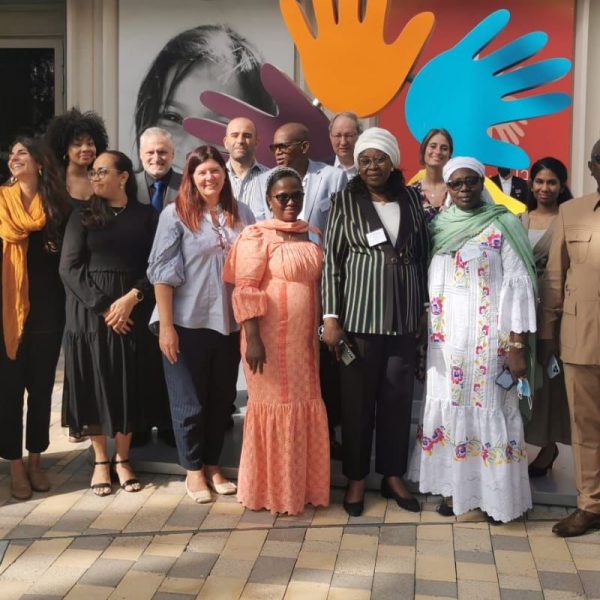UNESCO’s evolving right to education initiative explained

The world has considerably changed since the key treaties on the right to education were conceived and adopted over half a century ago.
In response UNESCO’s Initiative on the Evolving Right to Education is exploring how international human rights instruments can be reinforced and further developed to address today’s needs and challenges.
A longer form explainer of the initiative has been published on UNESCO’s website, an extract of which appears below.
What is the aim of the initiative?
In a rapidly changing world, where technology, globalisation, climate change, growing polarisation of societies, and demographic and social dynamics are reshaping every aspect of our lives, education is undergoing a transformational journey.
Once considered to be the domain of schools, it is now recognised that education is lifelong, and begins in the early years.
The Initiative on the evolving right to education investigates how the right to education, as enshrined in international normative instruments, could be further reinforced to meet these evolving needs, and address the twin crises of equity and relevance stated in Our Common Agenda (OCA) Policy Brief “Transforming Education”.
Why should the international framework evolve?
The international legal framework can be interpreted to reflect the realities of evolving societies. Yet, the core principles of the right to education were drafted over half a century ago. In 1960, UNESCO led the adoption of the first international treaty on education, the Convention against the Discrimination in Education. A lot has changed since then.
Examining the areas where the international right to education could be reinforced would allow UNESCO to better respond to today’s challenges and the crises of equity and relevance.
Several areas were identified that merit closer attention.
These include:
- Defining explicit rights and obligations as well as modalities that will create the conditions to ensure the right to education throughout life;
- Strengthening education delivery and regulation for digital learning and non-state actors to ensure better learner protection;
- Recognising the right of adults for reskilling and upskilling for life and work;
- Reinforcing the rights of the most vulnerable, particularly those who are displaced due to climate change, conflicts and crises.
Does this mean the human rights framework is outdated?
Human rights law as it stands continues to be, not only relevant, but highly protective, requiring State efforts to ensure its implementation. At the time of their elaboration, human rights created a shared set of norms enabling claims to resonate across the world and established the foundation for social change.
Despite progress, these rights continue to be infringed upon today. Reviewing the right to education will further ensure its implementation by addressing areas which do not have a clear and enforceable framework of legal obligations, while recognizing new realities and their implications for education.
Why now?
This Initiative was born during a time of uncertainty, with the COVID-19 pandemic exacerbating the pre-existing learning crisis. Education is still not reaching those that need it the most, opportunities are not equitable, and learners are not being given the tools to play an active and empowered role to thrive.
Is there any potential risk associated with a revision of the current legal framework?
The Initiative aims to advance human rights, and this needs careful attention to avoid setbacks. The elaboration or revision of any instrument must not weaken existing human rights law nor lead to a regression of these rights. Nevertheless, there is a need to reemphasize the role of international institutions in inspiring social change and greater social justice and relevance in light of new developments and changes.
Access UNESCO’s initiative on the evolving right to education here. Follow this link to access UNESCO’s work on the right to education. The original coverage of this story is available here.
Popular

Workforce
Policy
Quality
Practice
Provider
Research
ECEC must change now, our children can’t wait for another inquiry
2025-07-02 07:47:14
by Fiona Alston

Events News
Workforce
Marketplace
Practice
Quality
Provider
Research
An exclusive “Fireside Chat” with ECEC Champion Myra Geddes
2025-07-01 11:25:05
by Fiona Alston

Workforce
Practice
Provider
Quality
Research
Supporting successful transitions: Big moves, big feelings
2025-06-26 11:00:30
by Fiona Alston













